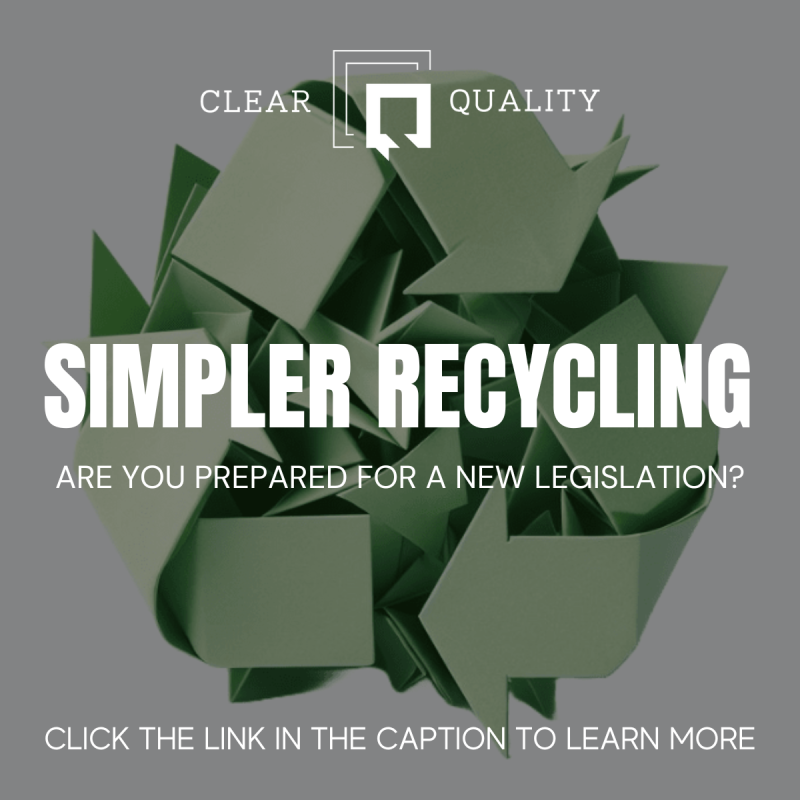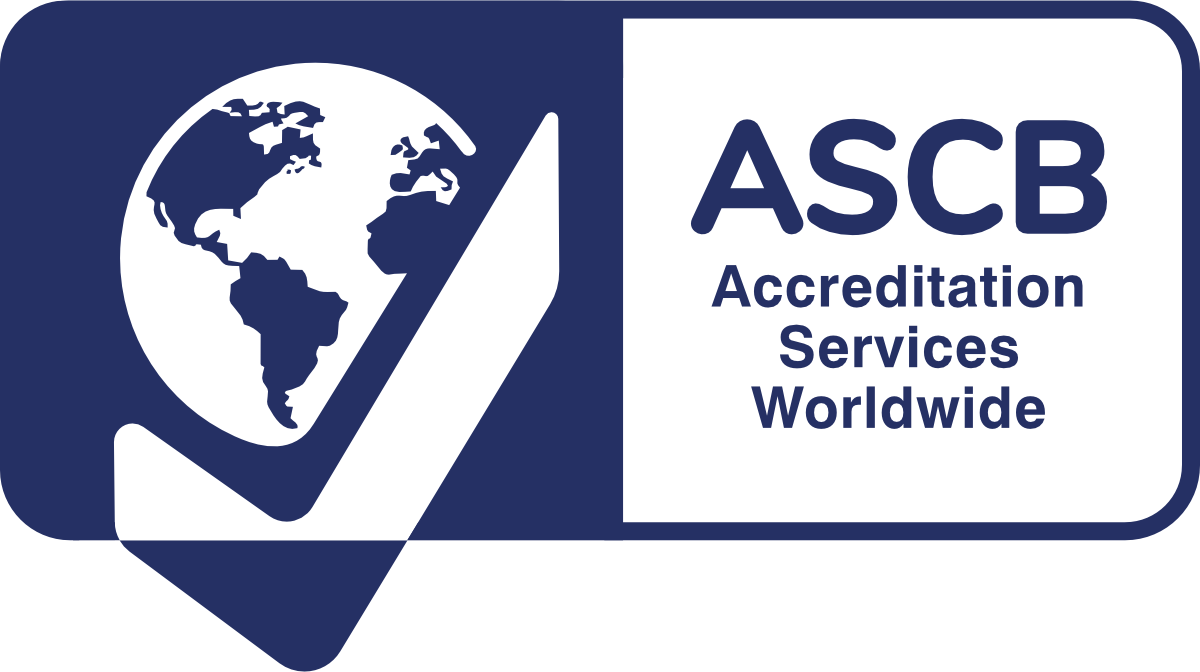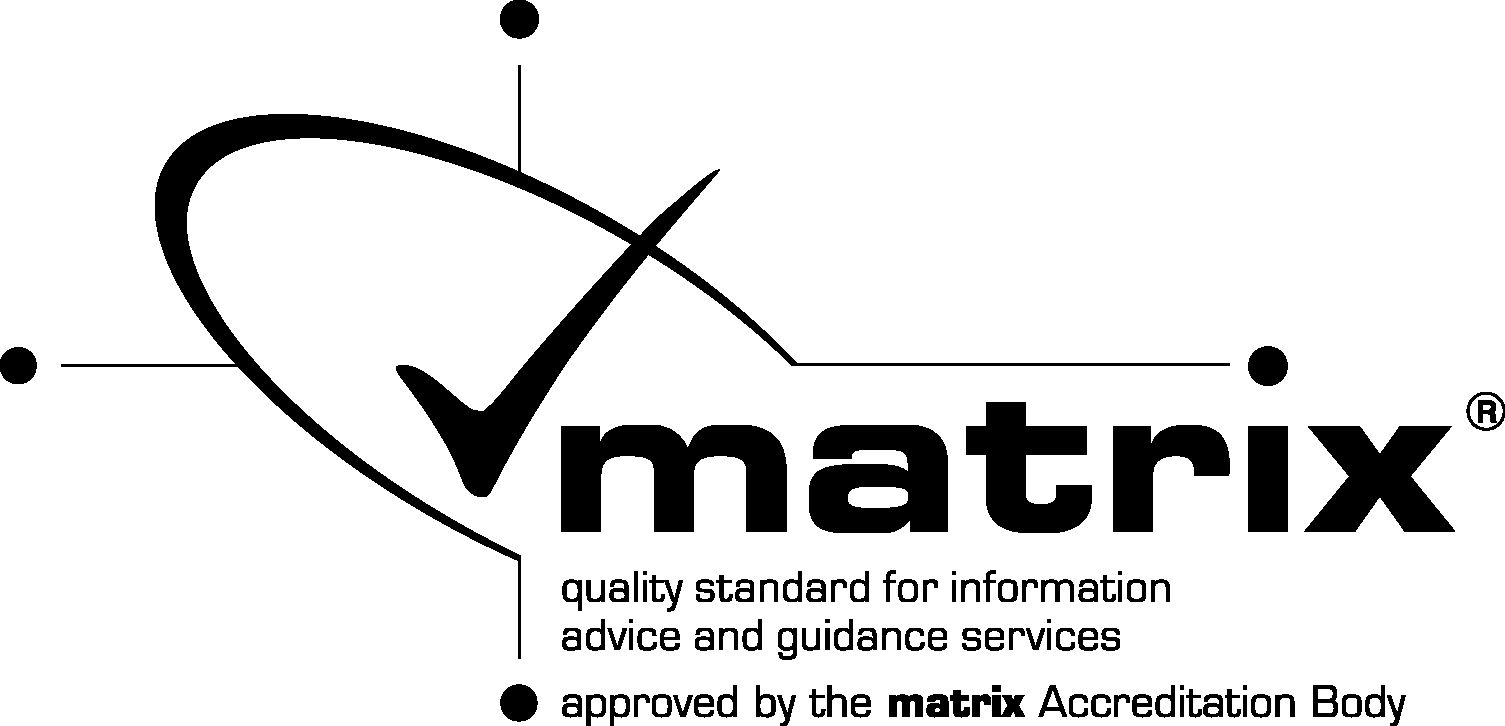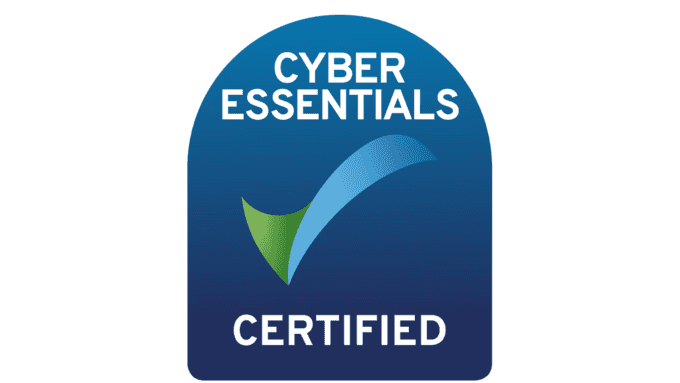Blog Article
Did You Know? The UK Government is Rolling Out 'Simpler Recycling'
The UK Government unveiled a significant shift in waste management legislation, introducing the "Simpler Recycling initiative". This initiative aims to standardise recycling processes, reduce landfill dependency, and promote environmental sustainability, in both domestic and non-domestic settings.
At Clear Quality Ltd, we specialise in compliance, governance, and ISO certification—so we understand how regulatory changes can impact businesses. Here’s what you need to know about these new waste management requirements and why they matter to your organisation.
What’s Changing?
From 31st March 2025 businesses and non-domestic premises—ranging from offices, retail outlets, transport hubs, hospitality venues, educational institutions and healthcare facilities will be required to adopt rigorous waste separation practices. The separation process will be split into three categories:
- Dry recyclables – Glass, metal, plastic, paper, and cardboard.
- Food waste – Any waste from food preparation or leftovers.
- General waste – Non-recyclable items, including contaminated packaging and hygiene products.
This means that if your business generates waste similar to household refuse, you must comply with these new uniform recycling standards. For workplaces generating garden waste, correct recycling or composting is now a legal obligation.
Micro-businesses (those with fewer than 10 employees) have until 31 March 2027 to comply, acknowledging the logistical and financial challenges smaller operations may face.
Workplaces that also generate garden waste have a legal duty to manage it correctly and arrange for it to be recycled or composted depending on the best environmental outcome. The size of containers can also be decided by individual workplaces, depending on the amount of waste they produce.
Why does this matter to your business?
- Legal Compliance- Businesses must follow the waste hierarchy and take reasonable steps to ensure proper waste separation. Non-compliance could result in enforcement action from the Environment Agency.
- Public Accountability- From April 2025, members of the public and other businesses will be able to report companies failing to comply. DEFRA will be releasing guidance on how these reports will be handled and will be consistently updating guidance.
- Cost Implications – While restructuring waste management practices may require initial investment, businesses that implement effective recycling strategies could see long-term cost savings by reducing landfill tax and waste collection expenses.
The Bigger Picture
The government is targeting a 65% recycling rate for municipal waste by 2035, aiming to reduce landfill reliance and cut carbon emissions. By 31 March 2026, local authorities will standardise household recycling, including weekly food waste collections, to further streamline waste management nationwide.
For businesses, this means a fundamental shift in operational waste handling—but also an opportunity to lead by example, demonstrating a commitment to sustainability and compliance.
Impact on the Community and Daily Life
The new waste regulations will have far-reaching effects. For businesses, the upfront costs of restructuring waste management practices may be offset by long-term environmental and economic benefits, including improved corporate social responsibility and a stronger public image. For households, enhanced recycling services mean more efficient waste collection and a cleaner local environment. Overall, the initiative is a bold step towards a greener future, reinforcing the UK’s commitment to environmental sustainability and setting a high standard for waste management practices worldwide.
Next steps
With the new requirements coming into place at the end of the month, businesses must:
- Review Current Waste Management Processes – Assess how waste is currently sorted and where improvements can be made.
- Train Employees – Ensure staff understand the new waste separation rules and their responsibilities.
- Update Waste Contracts – Work with waste collection providers to ensure they align with the new requirements.
- Stay Informed – DEFRA will continue to release guidance, so keeping up to date with the latest regulations is key.
At Clear Quality Ltd, we help businesses navigate regulatory changes, ensuring compliance and best practices in ISO management, governance, and sustainability. If your organisation needs support in understanding and adapting to these new waste management regulations, get in touch with us today.
For more detailed guidance on compliance and best practices, consult to the official Government publications on the “Simpler Recycling” initiative OR click the following link, The Separation of Waste (England) Regulations 2025


 LEAN MANUFACTURING OPERATIVE LEVEL 2
LEAN MANUFACTURING OPERATIVE LEVEL 2
 Skills Bootcamp In Quality Management
Skills Bootcamp In Quality Management








